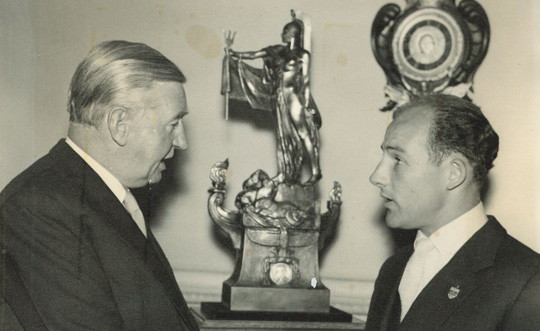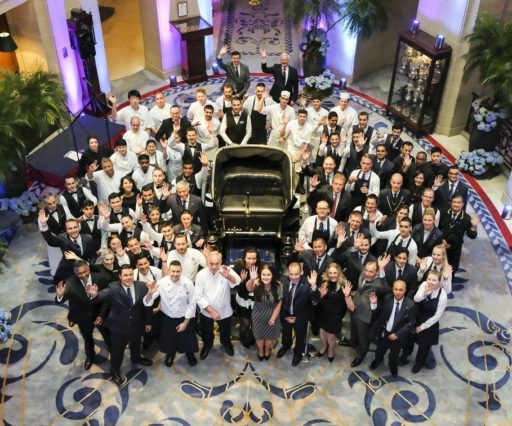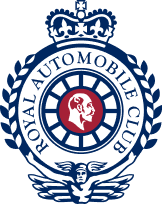Sir Stirling Moss
Awarded the Segrave Trophy twice:
1957 – for winning three Grands Prix with Vanwall and breaking five class speed records.
2005 – for his lifetime of achievement in all forms of motor sport, and his service to the sport. The Segrave Medal was also awarded to Lady Moss for her vital role in supporting Sir Stirling.

Stirling made his racing debut driving his dad’s BMW 328 in 1948, quickly transferring to single-seaters and especially Coopers, honing his craft in the 500cc Formula Three. His first international victory was in a Jaguar XK120 in the 1950 RAC Tourist Trophy at Dundrod, a race he won an extraordinary six more times. Confirming his unrivalled position as a gifted all-rounder, Stirling switched to Formula 1, and his first victory was in the non-championship 1954 Oulton Park Gold Cup driving a Maserati 250F. He was rapidly signed to Mercedes-Benz for 1955 to partner Juan-Manuel Fangio, and promptly won the British Grand Prix at Aintree – the first British driver ever to win the heat. Just weeks later came one of his greatest achievements when he drove a Mercedes-Benz 300SLR to victory in the Mille Miglia road race around Italy, completing the killer event in a record 10 hours and seven minutes… and averaging 98mph. Between 1948 and 1962 Stirling won 212 of the 500 races he entered, including 16 grand prix victories, two GP second places, and numerous sports car wins at the Nürburgring and Sebring. And there was also rallying; he came second on the 1952 Monte Carlo Rally. The one thing that proved elusive was a Drivers’ World Championship, although he was runner-up four times and missed out (to Mike Hawthorn) on the 1958 crown by a single point. He later joked: “I’d rather be remembered as the guy who should have won, and never did!” Stirling Moss’s career in top-level racing was ended by a horrific accident at Goodwood in 1962, although thankfully he made a full recovery from a coma and paralysis. However, for the rest of his life he provided entertainment in both historic racing and in countless guest appearances where his personal charisma delighted fans old and new. He was knighted in 2000, confirming him as one of Britain’s greatest sportsmen, and died 20 years later.


